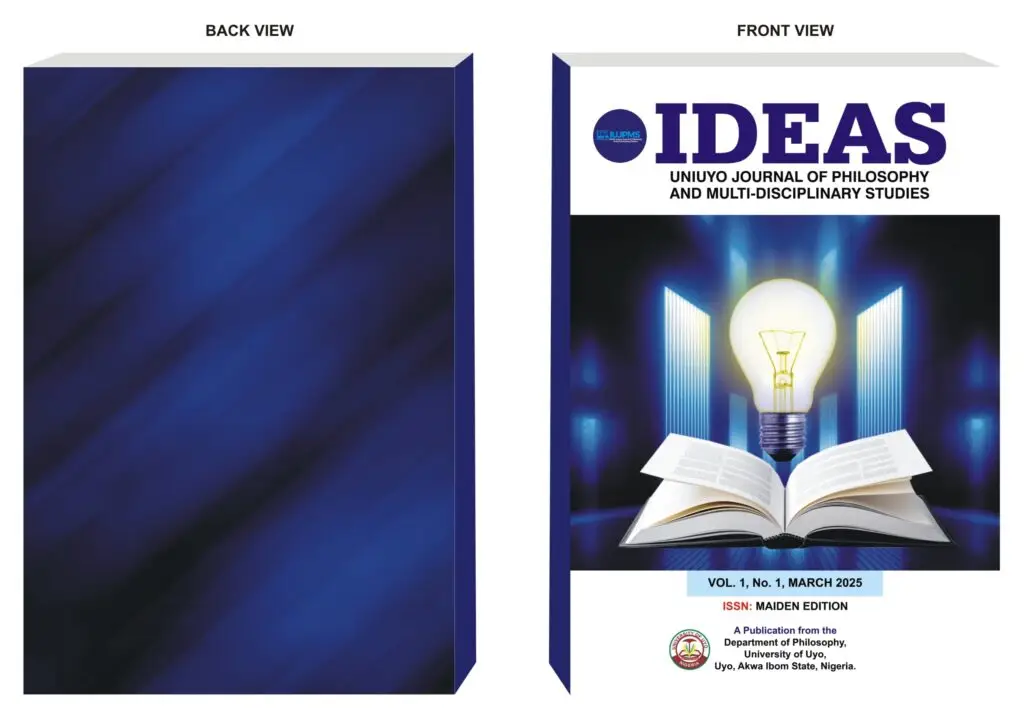Unemployment has always been an important challenge in the way of societal development in Nigeria, with crime and social disturbances being some of its consequences. Growing concerns over unemployment in Akwa Ibom State were reported by the World Bank and the Nigerian Bureau of Statistics. To stem youth unemployment and foster economic empowerment, the Federal Government of Nigeria initiated a social investment program called N-Power in 2015. Our study considers the impact of the N-Power program, focusing on N-Health, N-Agro, and NTech under Akwa Ibom State. Using descriptive research and survey research designs, they collected data form secondary sources like textbooks, journals, and government bulletins. The analysis revealed that although the N-Power program aimed to impart job-ready skills to youth, problems such as inadequate coordination, politicization, and resource misallocation increasingly diminished the programs’ effectiveness towards youth employment. Hypothesis testing results showed that there was no significant relationship between skill development in health through the N-Health program and job creation in agriculture through the N-Agro program. Likewise, N-Tech was considered to be irrelevant to the local labor market. Common challenges faced across all programs were obsolete curricula, poor hands-on training, inadequate funding, and poor partnership with industries. Therefore, it was concluded that improved program design, adequate resource allocation, and cross-sector collaboration are pivotal in rectifying these problems that stand in the way of strengthening N-Power’s ability to deliver on its promises of employment and empowerment. Also, the study recommended an urgent need for curriculum update in line with current agro-industries; enhancement of infrastructure; and improvement of partnership with related sectors towards long-term viability and performance of the programme within Nigeria and Akwa Ibom State, in particular.
Keywords: N-power, Poverty, poverty Reduction, employment generation
Written By:
Edet Joshua Tom, Ph.D
Department of Public Administration
University of Uyo
edettom444@yahoo.com
Sunday E. Ibanga, Ph.D
Department of Public Administration,
Akwa Ibom State University
sunnibanga@yahoo.com
Akpan, Idiongo Effiong
idiongoakpan92@gmail.com
Department of Public Administration,
University of Uyo

